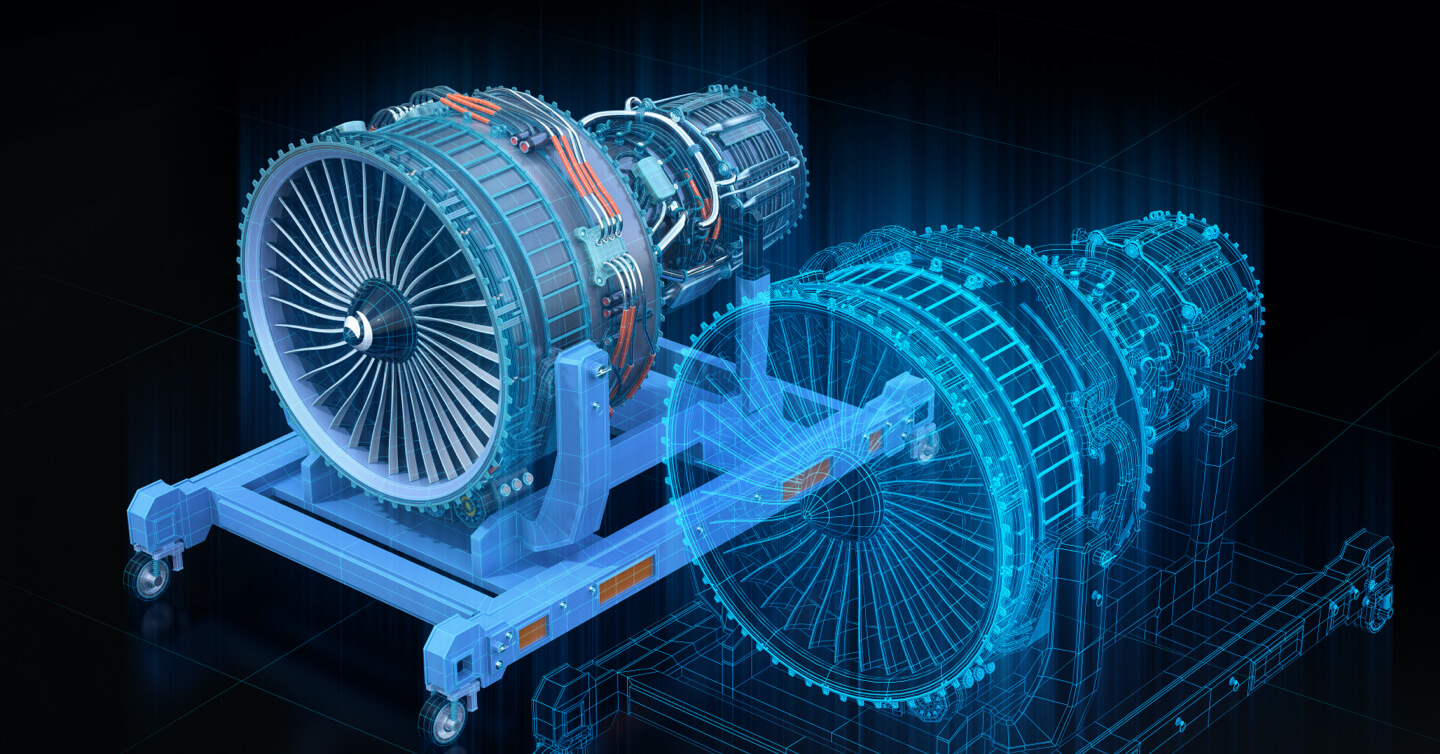Peter Brearley
Efficient turbulent stratified mixture combustion technologies.
Email: p.brearley@ncl.ac.uk
Supervisors
Project title
Development of Efficient and Clean Turbulent Stratified Mixture Combustion Technologies for Future Combustors using Direct Numerical Simulations
Project description
Stratified charge combustion occurs before the combustion process. During the process, fuel and oxidiser are not homogenously mixed nor completely separated from one another.
Many modern vehicles use stratified charge combustion. These include Homogenous Charge Compression Ignition (HCCI) and Gasoline Direct Injection (GDI) engines. Lean Premixed Prevapourised (LPP) gas turbines found in jet engines also use the process.
Inhomogeneous fuel-air mixing allows use of a leaner fuel-air ratio. This reduces NOx emissions and increases engine efficiency. It also allows use of a greater pressure ratio, without untimely autoignition.
High Performance Computing (HPC) makes it possible to carry out Direct Numerical Simulations (DNS) of turbulent reacting flows. DNS resolves all the spatial and temporal scales of the turbulence without any recourse to turbulence modelling. Simulations reveal information about the mixing and chemical processes in stratified combustion. This provides insights into how to prepare stratified mixtures. These mixtures provide high energy efficiency and low pollutant emissions.
The simulations also assist in developing accurate models for computationally less intensive simulation strategies. These include the Large Eddy Simulation (LES) and Reynolds Average Navier-Stokes (RANS) frameworks. These are widely used to simulate industrial combustion processes.
Publications
- Brearley P, Ahmed U, Chakraborty N, Lipatnikov A. Statistical behaviors of conditioned two-point second-order structure functions in turbulent premixed flames in different combustion regimes. Physics of Fluids 2019, 31(11).
Interests
Stratified charge combustion, computational fluid dynamics, direct numerical simulations, turbulence.
Qualifications
- BEng Mechanical Design and Manufacturing Engineering, Newcastle University (2019)
